Mediation is an alternative dispute resolution divorce process designed to achieve peaceful agreements between spouses and can be instrumental in avoiding the conflict, time, and expense of courtroom battles. Mediation is especially beneficial when children are involved.
Mediation is almost always cheaper than going to court as it takes significantly less time, some mediators do not charge retainer fees, and the process may not involve lawyers and their fees. Another benefit of mediation is privacy and confidentiality, which couples in high-asset divorces often desire. Divorces in the courtroom and the court records of the proceedings are both public.
Divorce mediation is often a voluntary process that spouses jointly agree to enter, typically utilized more in no-fault divorces. However, the court can order mediation in contested divorces and for spouses refusing to compromise on elements of the divorce.
What Is the Difference Between Court Divorces and Mediation?
In New Jersey, a divorce mediator, a neutral third party who guides couples toward agreements through positive and constructive means, administers the mediation process. One significant difference between mediation and courtroom litigation for dispute resolution is that spouses have direct control over the outcome.
Mediators are neutral facilitators of negotiation between spouses and do not make decisions for couples. The goal is for the mediator to structure the conversation to help spouses identify issues and priorities and make decisions for themselves.
Mediators help negotiate agreements between divorcing spouses and provide those agreements to the court when the process is successfully completed. Lawyers are not required to be involved in the mediation process, but it is recommended that you have legal representation. If one spouse insists on their counsel being present, the other should also include their lawyer.
Another appealing aspect of divorce mediation is its potential to help spouses part ways with minimum conflict and respect. These aspects can be essential for parents, business partners, and other spouses who expect to remain in contact with one another.
How Long Does Mediation Take?
The time the divorce mediation takes depends on the spouses’ ability to agree and the specific circumstances of the divorce. However, even lengthy mediations often take significantly less time than traditional court divorces, which can take up to a year or longer. Mediation is usually completed within two to three months, depending on the number of factors the couple needs to address. Factors impacting the length of time mediation takes include:
- Whether children are involved
- Child custody, visitation schedules, and co-parenting plans
- Alimony and child support
- Educational responsibilities (private school, college)
- Life insurance of the paying spouse in the event of death
- Co-owned real estate
- Asset division
- Mortgage responsibility
- Retirement accounts and pensions
- Health insurance
- Family pets
In New Jersey, spouses who disagree on financial matters or child custody issues must attempt to reach an agreement through mediation before the divorce moves into the courtroom. Spouses who participate in mediation but fail to reach agreements must proceed to court, and the judge will make the final decisions.
How Should I Prepare for Divorce Mediation?
Preparing for your upcoming divorce mediation can save time and conflict. There are steps you can take beforehand, such as:
- Choose the mediator: Take time to research and choose an experienced and qualified mediator who successfully creates a stress-free environment and assists both spouses in reaching fair and reasonable agreements.
- Organize: Bring essential documents and information, including a complete list of assets and financial records, such as mortgages, bank accounts, vehicles, credit card statements, investment property, retirement funds, and more. Doing so gives the mediator a full understanding of what must be discussed and decided during mediation.
- Make goals: Determine what you want to accomplish through mediation. Decide what is important and what you are willing to compromise on, such as custody or visitation arrangements, assets you want to retain, or health insurance. Mediation is the time to raise any questions or concerns regarding the divorce process.
- Be cooperative: Divorce mediation is designed to be a peaceful, conflict-free alternative to litigation, and being prepared to be respectful, collaborative, and willing to be productive are the most important aspects of divorce mediation.
If mediation goes smoothly with no major disagreements, the divorce process is essentially over without having to attend court. You or the moderator can submit the agreements, required documentation, and forms to the court. A judge will review and, if having no concerns, will issue a final divorce decree.
New Jersey Divorce Lawyers at Wiley Lavender Maknoor, PC Advise Clients Seeking Divorce Mediation
If you have questions regarding divorce mediation, our New Jersey divorce lawyers at Wiley Lavender Maknoor, PC can help answer your questions and guide you through the preparation and process. Call us at 732-494-6099 or contact us online to schedule a free consultation. Located in Metuchen, New Jersey, we serve clients in Middlesex County, Monmouth County, Union County, and Somerset County.
 Google Screened
Google Screened
